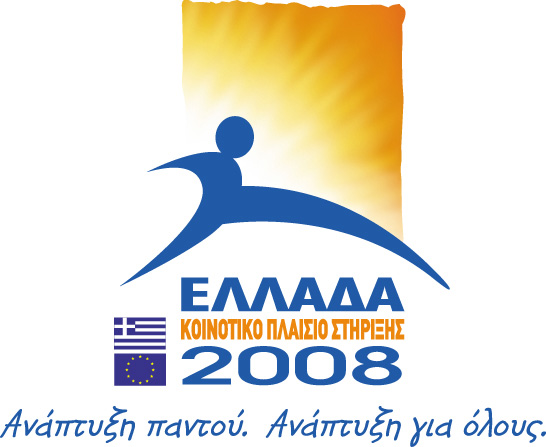|
The aim of the project is to develop a platform that will facilitate the translation process from Greek to Bulgarian and vice versa. Its methodological aim is to use state-of-the-art methods of parallel corpora processing aiming at the development of translation memories. The system will combine various levels of processing and information, it will be efficient enough and it can be used in the translation process between Greek and Bulgarian in domains of particular interest for the population of the cross-border regions. The benefits of computerizing the translation task are many: ease and convenience, improvement in productivity rates, better quality output, consistency and uniformity of the translation. The application is based on the fact that documents to be translated frequently contain a large proportion of repeated or partially repeated text. This holds true in case of administrative, technical or even legal documents, as well as product manuals. It is estimated that the degree of repetition in parts of the aforementioned documents may reach or surpass the rate of 70%. As the manager of the project, Institute for Language and Speech Processing (ILSP) has a widely acknowledged experience in computer-assisted translation technologies and is fully capable of designing and implementing translation systems. ILSP has designed the TrAid translation memory, one of the best translation products worldwide, it has developed translation memories for several language pairs (English-Greek, Greek-English, French-Greek, Greek French) and has coordinated projects related to innovative translation technologies in the EU. The project comprises two main objectives and respective activities:
The creation of a machine translation platform will offer a computational environment that will prevent the people involved in the translation process from translating repeated textual parts by taking advantage of already translated texts. It will also increase the translation quality and consistency by incorporating auxiliary machine translation tools. The promotion of know-how in language technology issues constitutes an additional aim and it is related with the development of language resources that the platform will use, that is, the collection of the parallel corpora in Greek and Bulgarian, their classification and their multi-level linguistic analysis based on annotation schemata designed according to respective international standards. The above are complemented by diffusion activities for the dissemination of the R&D results of the project. The goal is to facilitate the communication between the parties involved, in order to create a knowledge and information network for the diffusion of new technologies, as well as to develop cooperative initiatives in language technology in order to strengthen the commercial, cultural and touristic relationships between the two countries. |
|
|











